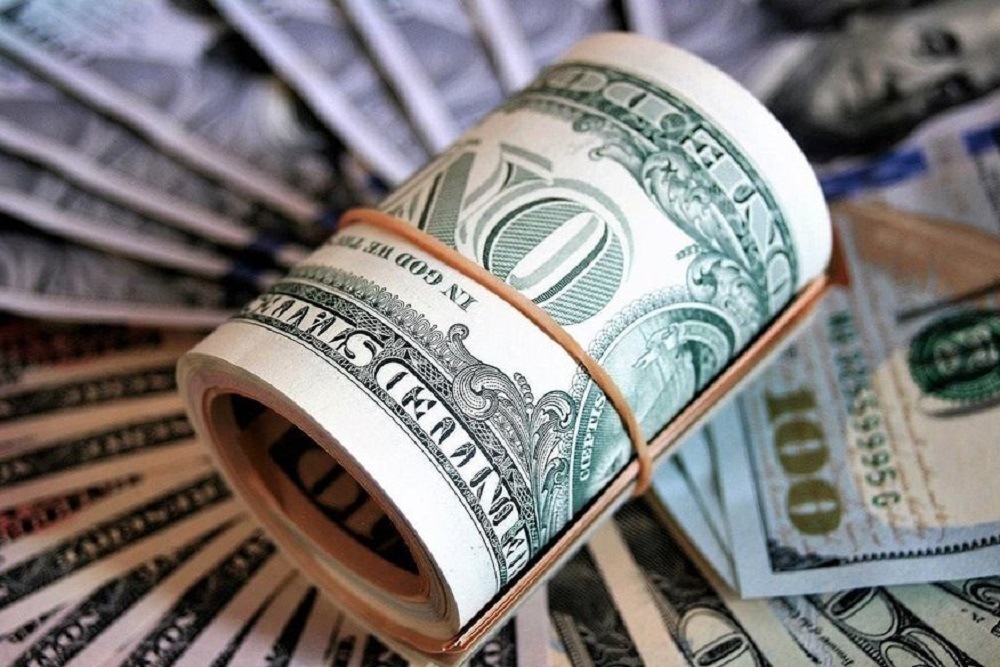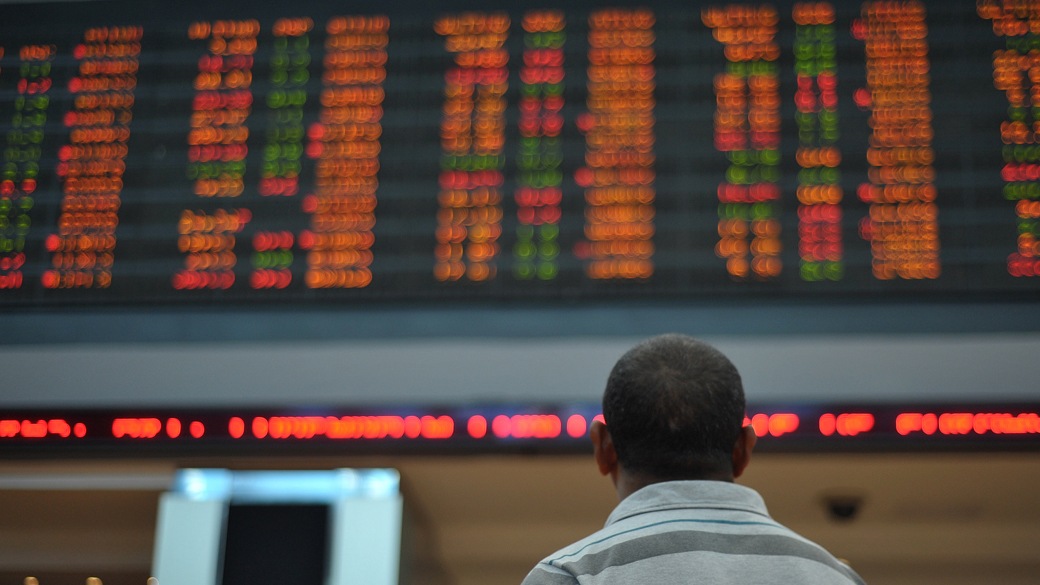RIO DE JANEIRO, BRAZIL – The main financial market indicators have reverted to the levels recorded before the approval of the Social Welfare reform in the first round of the Chamber of Deputies, an event that led investors in the first half of the year.
On Tuesday, August 27th, the dollar, pushed by aversion to emerging markets and turbulence in the government — diplomatic crisis with France, the drop in president Jair Bolsonaro’s favoritism and investigation into the Chamber of Deputies’ president, Rodrigo Maia — closed at its highest level of the year, R$4.1580 .

The figure is the highest since September 14th, 2018, a period marked by pre-election tension, when the currency stood at R$4.167.
The approval, by a wide margin of votes, of the Social Welfare reform’s basic text in the Chamber of Deputies on July 10th, brought the dollar down to R$3.76. In the wake of this favorable environment, the currency reached its low for the year the following week, when it closed at R$3.73 on July 18th.
Brazil’s country risk, as measured by the five-year CDS (Credit Default Swap), a sort of default-insurance, was at its lowest level since September 2014, before the presidential elections that re-elected Dilma Rousseff, on the day in which the social welfare was advancing.
With the escalation of the trade war between the United States and China and the slowdown in the global economy, the CDS went back to the pre-reform rating in August. At the end of Tuesday’s trading session, the indicator stood at 141 points, the highest figure since July 8th.
The stock market has receded, too. Hours before the approval of the reform in Plenary, the Ibovespa closed at 105,817 points. In August, however, the index accumulated a drop of 4.75 percent and went below the 100,000-point mark it had achieved in June.
On Tuesday, the stock market closed at 97,276 points, up 0.88 percent from the previous day. Turnover was R$20.677 billion, above the daily average for the year.
The Brazilian Real traded off the stock exchange in this trading session and reached R$4.196. After Central Bank intervention, the currency lost steam and closed the day at R$4.1580, up 0.45 percent.

According to Fernanda Consorte, chief economist at Ourinvest Bank, Brazil’s reputation among foreigners has worsened in recent days, due to the diplomatic crisis surrounding the fires in the Amazon.
“If we weren’t in a moment of risk aversion, perhaps this wouldn’t be the response. But the crisis in the Amazon has weighed heavily. Besides, the president’s popularity continues to decline among Brazilians, which leads us to wonder what the next three and a half years will be like,” said Fernanda Consorte.
Another market concern relates to the investigation by the Federal Police, in which Rodrigo Maia is credited with the crimes of passive corruption, electoral fraud (undeclared slush fund) and money laundering involving alleged transfers from Odebrecht. Maia is believed to be the guarantor of the reforms neglected by the government, as the main political articulator of the projects.
The crisis in Argentina, Brazil’s third-largest trading partner, is also aggravating the situation.
On Monday, the IMF (International Monetary Fund) held a meeting with Argentine opposition candidate Alberto Fernández, who holds a significant lead in voting intentions.
The “Kirchnerist” candidate said he agreed with the fund’s goals of restoring economic growth, creating jobs, reducing inflation and achieving a path to reduce public debt.
Fernández, however, took the opportunity to blame the IMF and the current government for causing the crisis in which the country currently finds itself.

